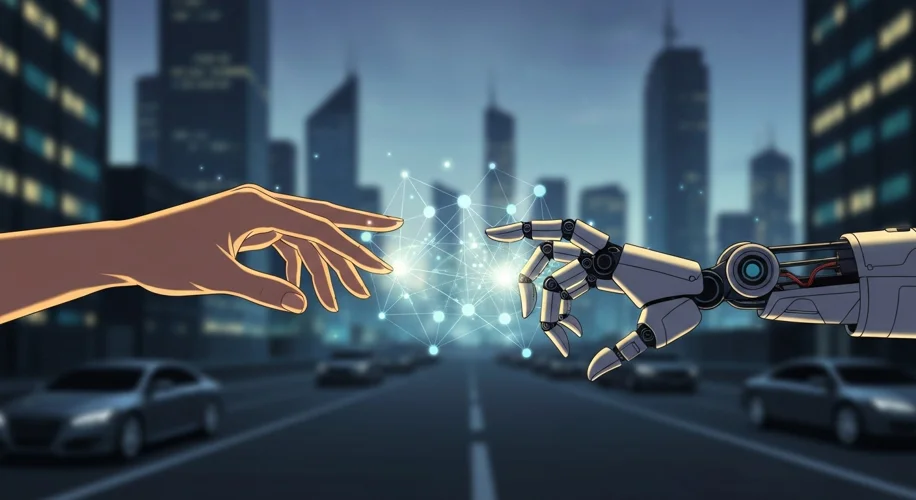It’s August 26, 2025, and the conversation around Artificial Intelligence continues to evolve at a dizzying pace. One of the most persistent themes is how AI will reshape the job market, and Elon Musk, a prominent figure in the tech world, has been quite vocal on the matter.
Musk has repeatedly expressed his view that AI has the potential to automate a significant portion of human labor. He’s not alone in this assessment. We’ve seen AI systems become increasingly sophisticated, capable of tasks that once required human intellect and skill, from complex data analysis to creative content generation.
What does this mean for the future of work? It suggests a profound societal adjustment. As AI systems take on more responsibilities, the nature of human employment will likely shift. We might see a greater emphasis on roles that require uniquely human attributes: critical thinking, emotional intelligence, creativity, and complex problem-solving that AI, at least for now, can’t replicate.
From my perspective, having spent my career in the software industry, I’ve witnessed firsthand how technology can disrupt and transform industries. This AI-driven shift is no different, but its potential scope is arguably broader. It’s not just about automating repetitive tasks on an assembly line; it’s about cognitive tasks that were once considered exclusively human domains.
This raises important questions. How do we prepare our workforce for such a transition? What kind of education and retraining programs will be necessary? And what social safety nets might be needed to support individuals whose livelihoods are directly impacted by automation?
Musk’s perspective, while sometimes seen as stark, serves as a crucial call to action. It forces us to confront the reality of these technological advancements and to think proactively about the societal implications. It’s not about fearing AI, but about understanding its trajectory and planning for a future where humans and AI can coexist productively.
We need to foster a society that values lifelong learning and adaptability. The skills that are in demand today might be very different in a decade. Encouraging innovation while also ensuring that we have robust frameworks to manage the human side of this technological revolution is paramount. It’s a complex challenge, but one that requires thoughtful consideration and collaborative solutions.

